The Future of Transportation in the Commonwealth
/in Better Government, Featured, Press Releases, Press Releases: Government, Press Releases: MBTA, Press Releases: Transportation /by Editorial StaffTaking advantage of the public comment period, Pioneer Institute is today releasing its recommendations to the Governor’s Commission on the Future of Transportation. The suggestions cover governance, budgeting and operations, the role of public transit during a period of transformative change and maintaining a focus on increasing MBTA ridership.
In terms of governance, Pioneer recommends combining “tight” oversight structures such as the MBTA’s Fiscal and Management Control Board for each MassDOT agency, and a “loose” board composed of the chairs of each agency board to coordinate operations.
When it comes to budgeting and operations, transportation agencies should be empowered to seek efficiencies and pursue innovation. To eliminate massive backlogs and improve service, maintenance should be the top priority within agency budgets.
Massachusetts and the nation are in the early stages of a mobility revolution fueled by rapid private-sector technological advances. The Commonwealth should adopt regulatory frameworks that facilitate rather than block these innovations, and performance benchmarking should be used to guide policy during this period of intense disruption.
Finally, Pioneer urges the MBTA to stay focused on growing ridership. After a $2 billion improvement program is completed in 2024-25, capacity will increase by 50 percent on the Red Line and 40 percent on the Orange Line, enough to reduce traffic congestion, increase revenue and produce environmental benefits.
Get Updates on Our Transportation Research
Related Posts:

We Have a Long Way to Go for Massachusetts Residents to Have the Government Transparency We Deserve
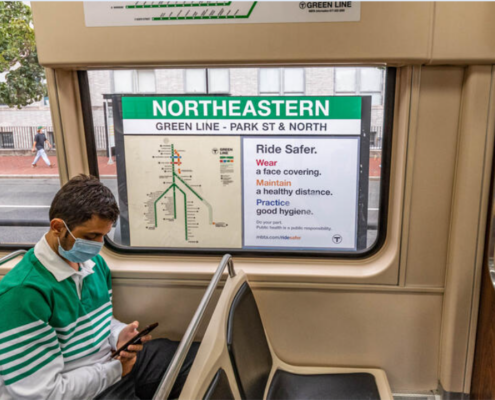
How Public Transportation’s Efficiency Changed During Covid
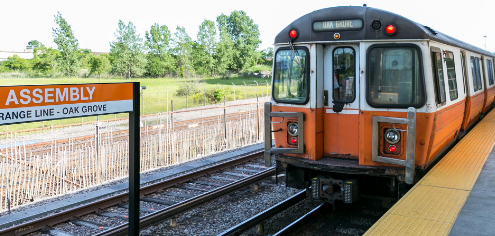
The MBTA’s Aging Infrastructure: Improvements have Failed to Materialize for the T
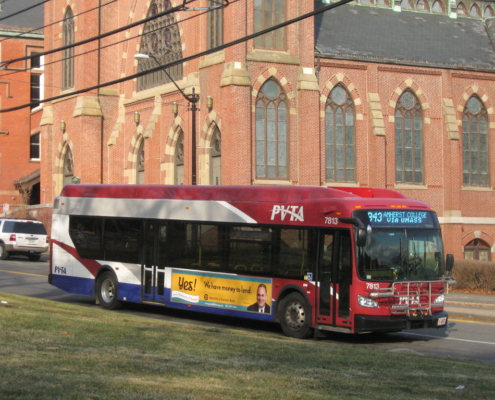
Cheap, Efficient, Effective: The Lessons from the PVTA and WRTA
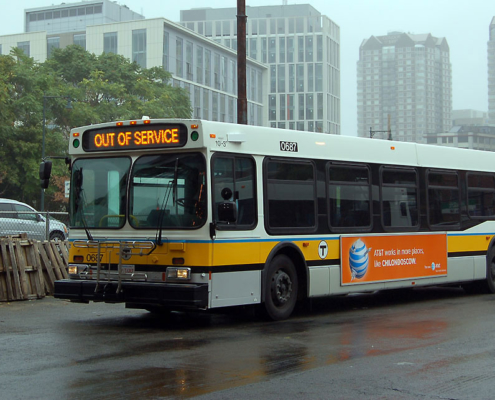
Fare-Free Public Transit in Boston: A Holistic View

Public Comment on Allston Multimodal Project
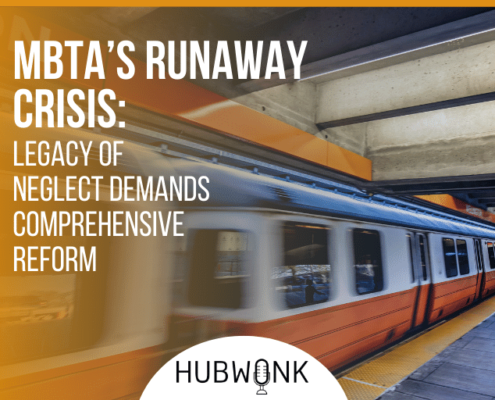
MBTA’s Runaway Crisis: Legacy of Neglect Demands Comprehensive Reform

The Second Largest Public Construction Project in MA is to give Logan International Airport a New Look
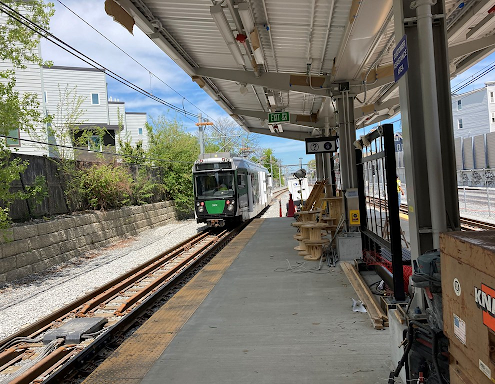
The Green Line Extension Project Progress and Finances
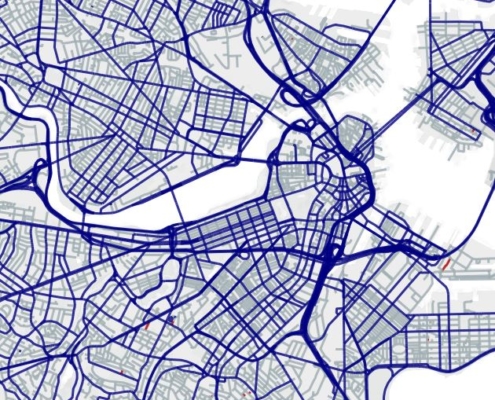
Looming Budget Crisis Reveals MBTA’s Dependency on Federal Funds

Study Finds Pension Obligation Bonds Could Worsen T Retirement Fund’s Financial Woes

Study Documents The Design Challenges, Contracting Issues, And Delays Facing New MBTA Fare Collection System
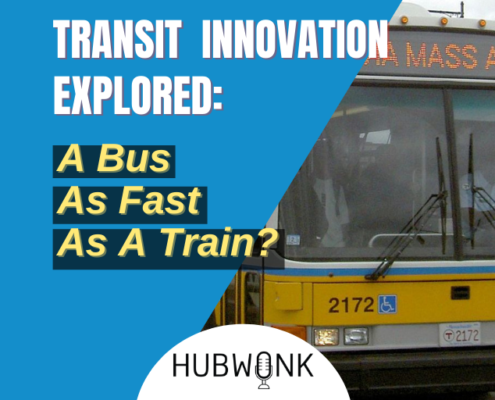
Transit Innovation Explored: A Bus As Fast As A Train?

Study Finds Bus Rapid Transit Can Offer Cost-Effective Benefits

Study Raises Concern That Annual T Fare Evasion Costs Could Rise By More Than $30 Million Under AFC 2.0

Pioneer Applauds MassDOT for Allston Project All At-Grade Plan

Enduring the Maelstrom: Lessons from MassPort Leadership During 9/11

MBTA Ridership Trends Compared to Public Transportation Agencies Nationwide



